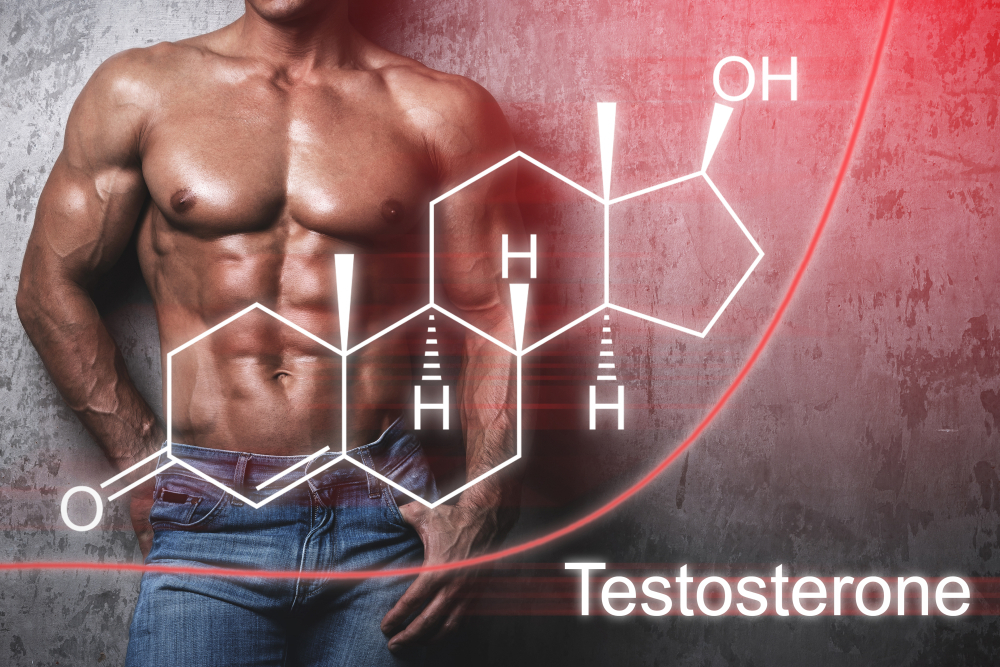Background: Autism is a complex neurodevelopmental disorder that usually presents in early childhood and that is thought to be influenced by genetic and environmental factors. Although abnormal metabolism of methionine and homocysteine has been associated with other neurologic diseases, these pathways have not been evaluated in persons with autism.
Objective: The purpose of this study was to evaluate plasma concentrations of metabolites in the methionine transmethylation and transsulfuration pathways in children diagnosed with autism.
Design: Plasma concentrations of methionine, S-adenosylmethionine (SAM), S-adenosylhomocysteine (SAH), adenosine, homocysteine, cystathionine, cysteine, and oxidized and reduced glutathione were measured in 20 children with autism and in 33 control children. On the basis of the abnormal metabolic profile, a targeted nutritional intervention trial with folinic acid, betaine, and methylcobalamin was initiated in a subset of the autistic children.
Results: Relative to the control children, the children with autism had significantly lower baseline plasma concentrations of methionine, SAM, homocysteine, cystathionine, cysteine, and total glutathione and significantly higher concentrations of SAH, adenosine, and oxidized glutathione. This metabolic profile is consistent with impaired capacity for methylation (significantly lower ratio of SAM to SAH) and increased oxidative stress (significantly lower redox ratio of reduced glutathione to oxidized glutathione) in children with autism. The intervention trial was effective in normalizing the metabolic imbalance in the autistic children.


